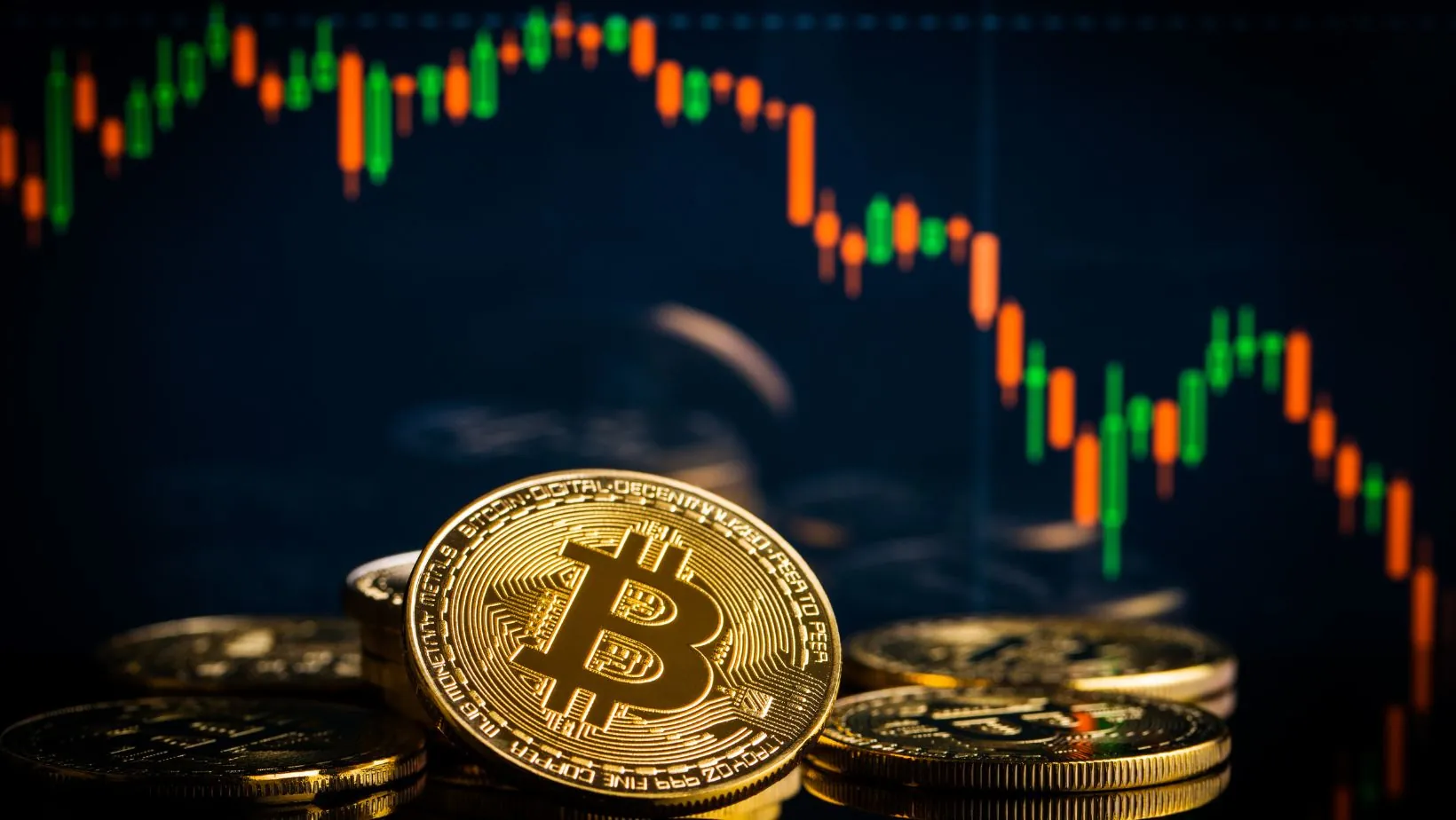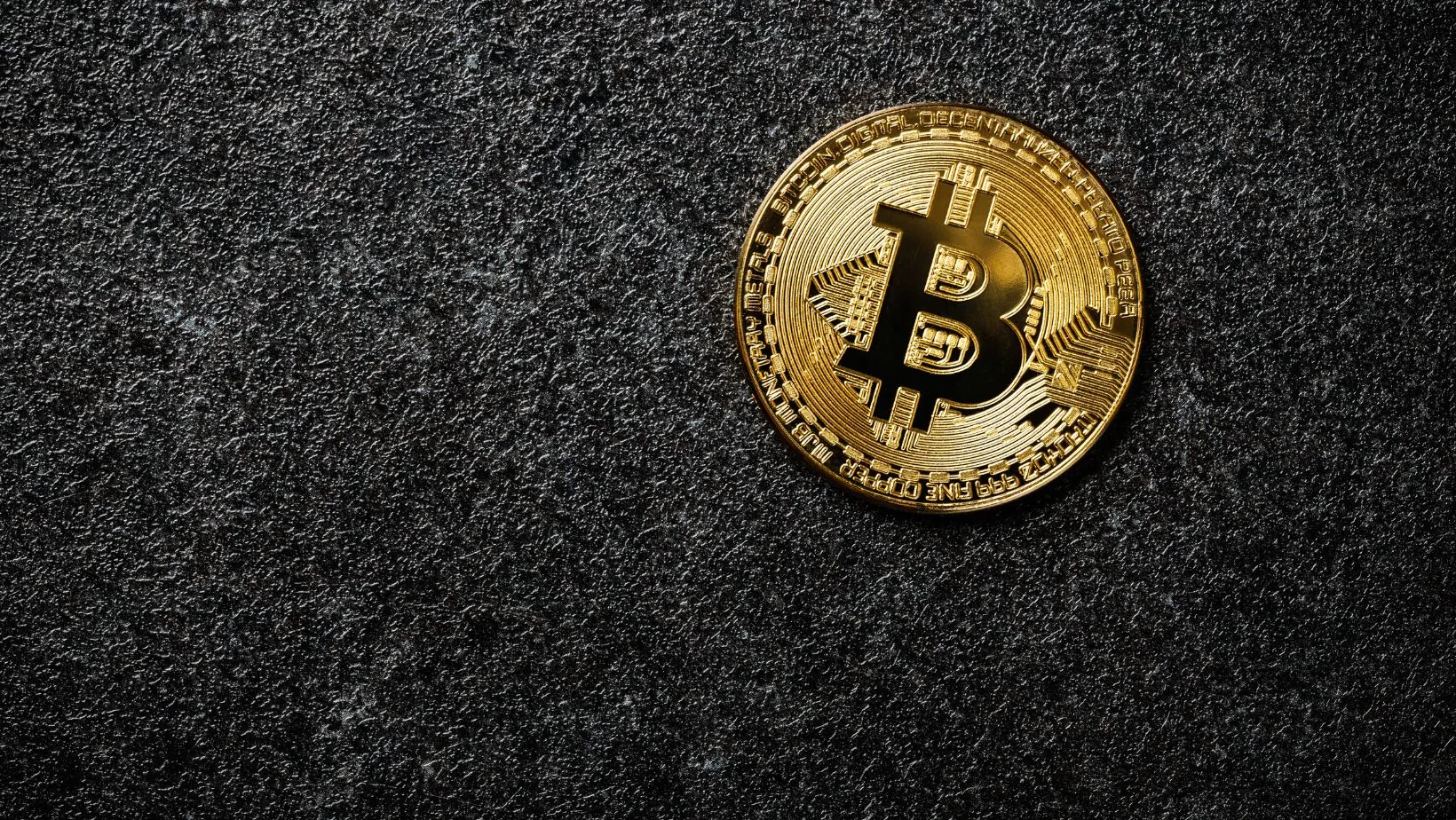First, the announcement of the national Bitcoin strategic reserve was only executively signed by President Donald Trump on March 6th, 2025, and now the rest of the country wants a piece of the strategic reserve pie. It’s common in the US for some legislation, laws, policies, or whatever you want to look at to run state by state. There are some nationwide laws, but you wouldn’t believe the subcategories of those laws and the intricacies from state to state.
And now, with a 1 BTC to USD price at approximately $109,586, according to Binance, it appears that establishing a Bitcoin strategic reserve is poised to become the next national initiative each state undertakes. Of all the states, however, we would say it’s slightly random that New Hampshire is interested in having its own strategic Bitcoin reserve. Still, this state-level initiative is underway in 2025.
Read on to learn more about it.
New Hampshire’s Bitcoin Reserve
New Hampshire (and Arizona) quickly became the first state to sign a bill into law on May 6th, 2025, which means the state treasury can invest in Bitcoin. New Hampshire did it first, and Arizona quickly followed the next day on May 7th. The Arizona bill, however, is slightly different from New Hampshire’s, but they’re pretty much the same.
The main difference is that, for New Hampshire, its law means its state treasurer can use up to 5% of public funds to invest in markets like precious metals (gold, silver, or platinum) and any other digital asset like cryptocurrencies with a market cap of over $500 billion. As of now, only Bitcoin fulfills that requirement, but that’s not to say other cryptocurrencies won’t soon follow. The price of Bitcoin is also flying, with 1 BTC to USD equalling $109,586, so it’s a natural first choice.
Arizona will redirect proceeds from unclaimed property into Bitcoin and won’t use public funds. The Federal Reserve also won’t use public funds and instead will take cryptocurrencies like Bitcoin from illegal activities and store them as its own.

Both of these bills have been passed into law, and for New Hampshire, they’ll become effective in under 60 days.
Why New Hampshire?
New Hampshire has never been crypto-crazy, and the reserves aren’t about that.
According to officials, the state wants to lead the way in forging the future of commerce and digital assets. The New Hampshire initiative policy model was founded by the non-profit organization Satoshi Action Fund. They want to ensure they’re safeguarding taxpayer money, creating diverse state reserves, and creating a new fiscal strategy that benefits everyone.
Still, when you consider that the cryptocurrencies will simply sit in these reserves, it’s difficult to see how they’ll have an impact on the average Joe.
The Federal Bitcoin Reserve
The Federal Bitcoin Reserve is a big move, and the executive order signed by President Donald Trump lays the groundwork. It mandates that all Bitcoin seized from criminal cases or civil penalties held by any federal agency must now be placed into one unified account—the Strategic Bitcoin Reserve.
Within 30 days, every government agency must report any Bitcoin it holds and hand it over. The Treasury will then lock it down as part of a new financial arsenal that the government cannot casually sell or trade away.
It is all about control and future-proofing. The US government already owns a significant stack of Bitcoin thanks to seizures from Silk Road busts and ransomware crackdowns. Some estimates put it at over 200,000 BTC, which, at today’s price of around $109,000 per Bitcoin, means the US government could hold well over $21.8 billion in Bitcoin assets. We wished they’d share some.
Will These Reserves Actually Do Anything?
No, not really, and that’s what critics are crying about. The government, and now states, will collect cryptocurrencies, predominantly Bitcoin, and store them. They won’t do anything with it, and it won’t be protected against the natural volatility of cryptocurrencies. If Bitcoin were to plummet to $30,000 over the next week, nothing about the reserve would protect the value.
Still, the president and his crypto congress are excited about it. Essentially, the concept of the reserve is to make the US the ‘crypto capital of the world.’ And if you want to look at who’s the crypto capital of the world based on how much a country is taking from illegal activities and storing it but doing nothing with it, the US would win.

The President of the United States also mentions the reserve as a tactic to elevate cryptocurrency in the US after years of corruption from the Biden administration. Maybe this is his way of ruffling up some feathers that don’t need to be ruffled.
Investing in Bitcoin in 2025
The numbers paint an optimistic picture. Bitcoin has rebounded hard from its spring slump, climbing to $109,000 after dipping to $74,000 in early April. Some experts now predict Bitcoin will reach $120,000 to $200,000 by the end of 2025 if the current momentum continues. Standard Chartered, VanEck, and ARK Invest are among those forecasting massive gains, with ARK’s Cathie Wood suggesting a potential $1 million Bitcoin price by 2030.
On-chain data shows whales are in accumulation mode, with large wallets (holding over 10,000 BTC) aggressively buying. Exchange outflows are at a two-year high, which usually signals that investors are moving their Bitcoin off exchanges and into cold storage, hinting at strong hands that do not plan to sell anytime soon.
Bitcoin has historically gained 7.4% on average in May across the last decade, and Q2 usually brings a hefty 60% boost.
New Hampshire jumping on the Bitcoin reserve bandwagon might seem random, but it signals a bigger trend that is impossible to ignore. States and the federal government alike are recognizing Bitcoin’s strategic value, not just as a speculative asset but as a hedge, a weapon, and a store of wealth.



